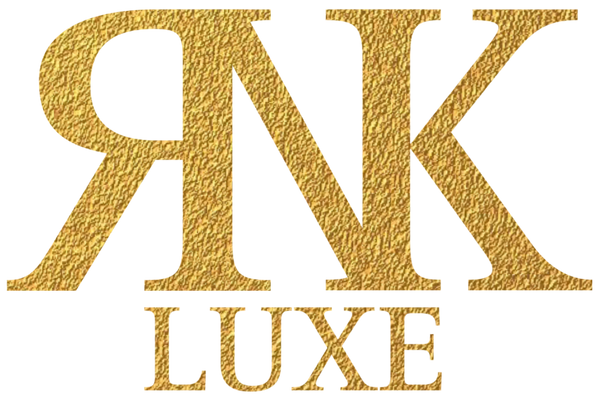
How Luxury Brands Are Redefining Sustainability
Share
Luxury fashion has long been associated with exclusivity, craftsmanship, and timeless elegance. However, in today’s world, sustainability has become just as important as style. With growing consumer awareness and environmental concerns, luxury brands are taking bold steps to redefine sustainability while maintaining their heritage of opulence.
Let’s explore how the world’s top luxury houses are embracing eco-conscious practices without compromising on quality and exclusivity.
1. Sustainable Materials: The New Gold Standard
Luxury brands are investing in innovative, eco-friendly materials to create high-end fashion with a conscience. From plant-based leathers to recycled fabrics, the industry is shifting toward sustainable alternatives without sacrificing luxury.
Examples:
- Stella McCartney leads the way with vegan leather and sustainable silk.
- Gucci introduced “Demetra,” an eco-friendly leather alternative made from plant-based materials.
- Hermès has developed “Sylvania,” a fine-textured mushroom-based leather.
2. Circular Fashion: Luxury That Lasts Forever
The concept of circular fashion is revolutionizing the industry, ensuring that luxury pieces maintain their value and purpose beyond the initial purchase. High-end brands are promoting resale, rental, and upcycling to extend the lifespan of their products.
Sustainability in action:
- Chanel and Louis Vuitton are embracing vintage luxury with their own authenticated resale platforms.
- Burberry has committed to eliminating waste by repurposing leftover fabric for new collections.
- Bottega Veneta offers a lifetime warranty on its iconic bags, reinforcing the idea of sustainable investment pieces.
3. Ethical Sourcing: Luxury With a Conscience
Transparency and ethical sourcing are becoming essential for luxury brands. From fair-trade sourcing to responsible supply chains, high-end labels are ensuring their materials and labor practices align with sustainability standards.
Ethical luxury initiatives:
- Cartier and Tiffany & Co. are using ethically sourced diamonds and precious metals.
- LVMH has launched the “Life 360” program, a long-term sustainability roadmap focusing on ethical supply chains.
- Prada has transitioned to using only sustainable nylon for its iconic bags.
4. Carbon Neutral & Zero-Waste Goals
Luxury brands are setting ambitious sustainability goals to reduce their carbon footprint. From renewable energy to eco-friendly packaging, these efforts showcase a commitment to environmental responsibility.
Sustainable brand commitments:
- Kering Group (owner of Balenciaga, Gucci, and Saint Laurent) became carbon neutral across its entire supply chain.
- Chanel has pledged to reduce its carbon emissions by 50% by 2030.
- Dior is focusing on plastic-free packaging and sustainable logistics.
5. The Rise of Slow Fashion Over Fast Trends
Luxury brands are redefining fashion by prioritizing timeless designs over fast-changing trends. The emphasis is on quality craftsmanship and heirloom-worthy pieces that stand the test of time.
Slow fashion leaders:
- Hermès maintains its tradition of handcrafting bags that last for generations.
- Ralph Lauren focuses on limited-edition, made-to-order pieces that minimize waste.
- Brunello Cucinelli champions artisanal, long-lasting fashion with a “Humanistic Capitalism” approach.
Final Thoughts: The Future of Sustainable Luxury
Sustainability in luxury fashion is no longer a trend—it’s a movement. As high-end brands embrace eco-conscious innovation, consumers can indulge in opulence without guilt. At RNK Luxe, we celebrate this new era of sustainable sophistication, where luxury meets responsibility.
👞 Step into luxury. Step into RNK LUXE – Explore our collection 👞
